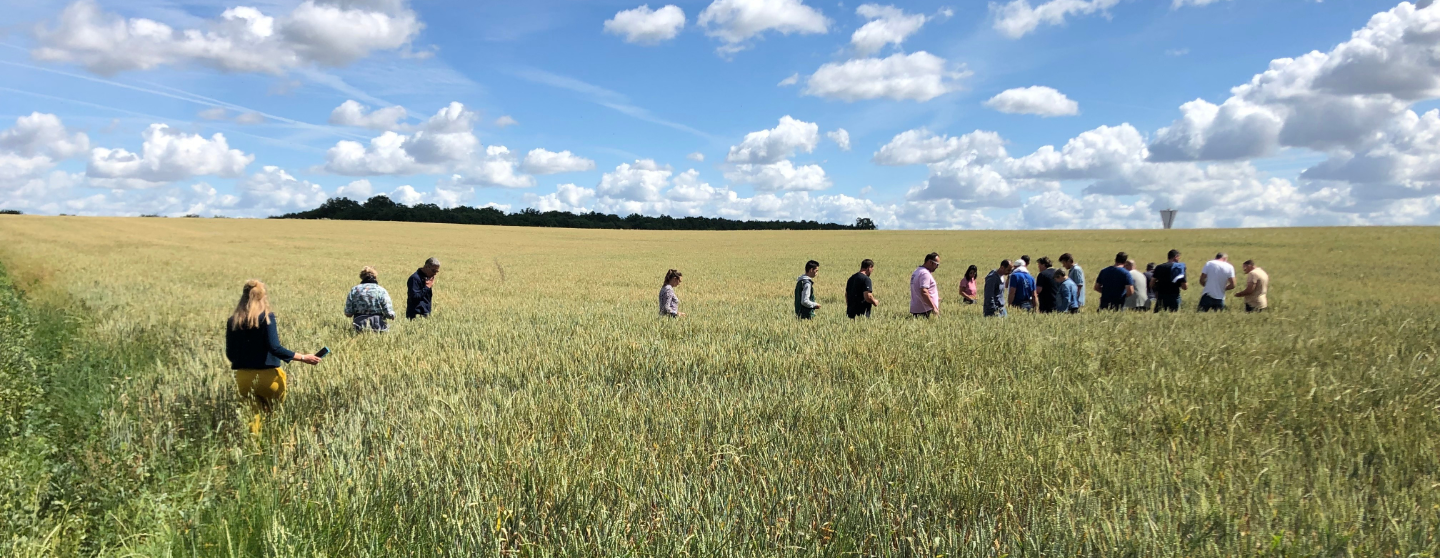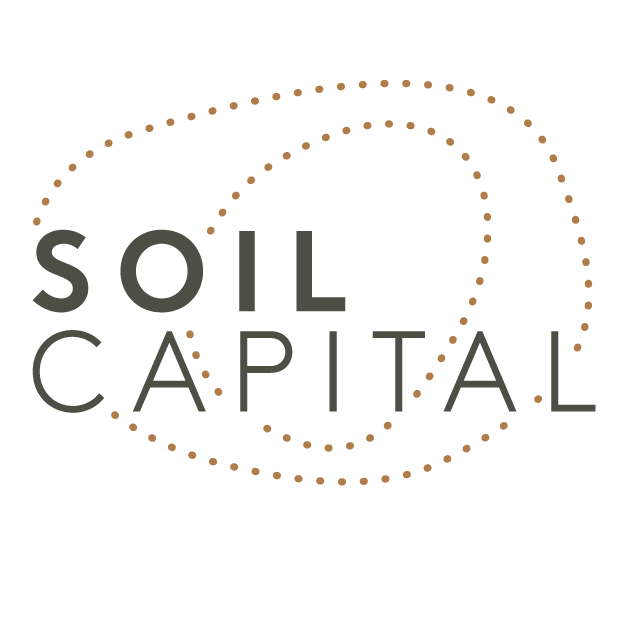

Soil Capital

October 2022
Environmental consulting
Service with Minor Environmental Footprint
Argentina,
Belgium,
France,
United Kingdom
Soil Capital is a mission-driven company with long expertise in regenerative agriculture and low-carbon transition of agricultural systems. Operating internationally, Soil Capital's ambition is to accompany farmers in the transition of one million hectares to more profitable and regenerative agriculture by 2025. We have developed Europe's first certified carbon payment programme for farmers, called Soil Capital Carbon. It allows farmers to measure and certify their carbon footprint each year, while valuing their reduced carbon emissions and/or increased soil carbon storage on the carbon markets. Agricultural and food companies use Soil Capital Carbon as a transition tool to engage their farmers in a certified low-carbon approach and build new value opportunities through the development of certified low-carbon value chains. Soil Capital Carbon is supported by mySoilCapital, a farmer and partner portal that collects, processes and delivers data so that farmers and partners can implement better regenerative and low carbon agriculture.
Overall B Impact Score
Governance 17.7
Governance evaluates a company's overall mission, engagement around its social/environmental impact, ethics, and transparency. This section also evaluates the ability of a company to protect their mission and formally consider stakeholders in decision making through their corporate structure (e.g. benefit corporation) or corporate governing documents.
What is this? A company with an Impact Business Model is intentionally designed to create a specific positive outcome for one of its stakeholders - such as workers, community, environment, or customers.
Workers 35.3
Workers evaluates a company’s contributions to its employees’ financial security, health & safety, wellness, career development, and engagement & satisfaction. In addition, this section recognizes business models designed to benefit workers, such as companies that are at least 40% owned by non-executive employees and those that have workforce development programs to support individuals with barriers to employment.
Community 17.6
Community evaluates a company’s engagement with and impact on the communities in which it operates, hires from, and sources from. Topics include diversity, equity & inclusion, economic impact, civic engagement, charitable giving, and supply chain management. In addition, this section recognizes business models that are designed to address specific community-oriented problems, such as poverty alleviation through fair trade sourcing or distribution via microenterprises, producer cooperative models, locally focused economic development, and formal charitable giving commitments.
Environment 18.7
Environment evaluates a company’s overall environmental management practices as well as its impact on the air, climate, water, land, and biodiversity. This includes the direct impact of a company’s operations and, when applicable its supply chain and distribution channels. This section also recognizes companies with environmentally innovative production processes and those that sell products or services that have a positive environmental impact. Some examples might include products and services that create renewable energy, reduce consumption or waste, conserve land or wildlife, provide less toxic alternatives to the market, or educate people about environmental problems.
What is this? A company with an Impact Business Model is intentionally designed to create a specific positive outcome for one of its stakeholders - such as workers, community, environment, or customers.
Customers 2.1
Customers evaluates a company’s stewardship of its customers through the quality of its products and services, ethical marketing, data privacy and security, and feedback channels. In addition, this section recognizes products or services that are designed to address a particular social problem for or through its customers, such as health or educational products, arts & media products, serving underserved customers/clients, and services that improve the social impact of other businesses or organizations.